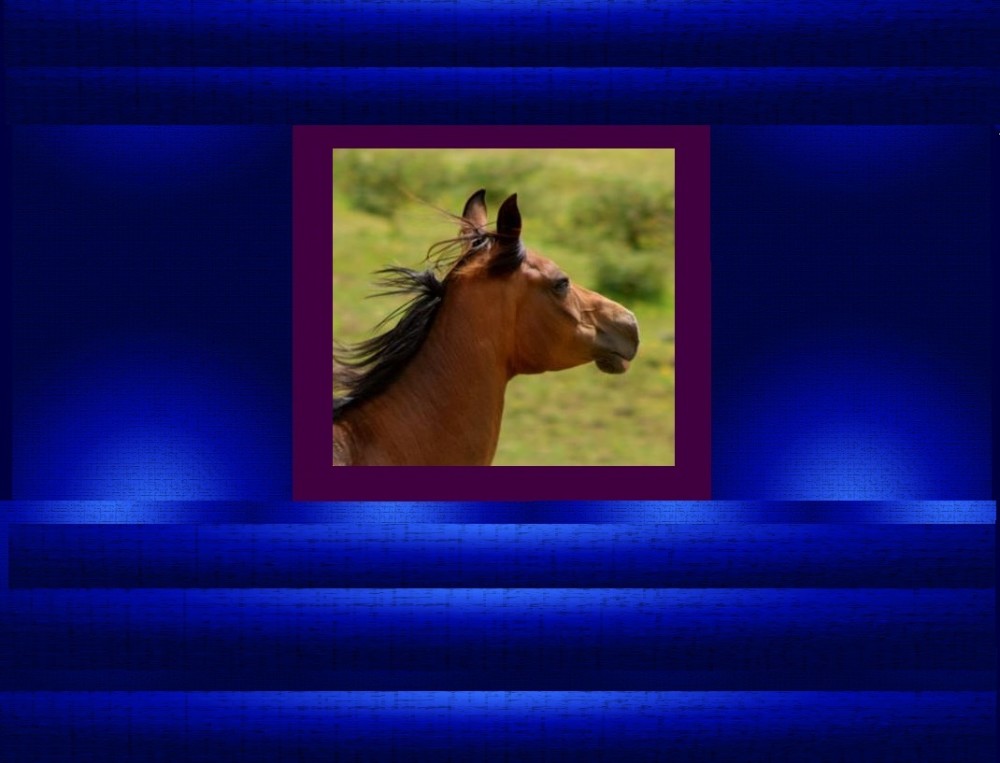Whenever we discuss whether a horse respects the owner/trainer, I think it is important to consider what a horse’s motivation is. Over-simplifying the horse’s responses to training as “respect” vs. “disrespect” may not help the horse, especially if you have a square type horse.
When I began training my first atypical horse, it quickly became obvious to me that my horse had a different motivation for her behaviors than wanting to dominate or disrespect me. For Amore, her primary motivation was fear.
Most of us have phobias about one thing or another. Imagine being faced with the object of one of your fears; for instance, a big, hairy spider. How helpful would it be for you if someone began yelling at you, slapping you or forcing you to move toward the spider? As humans, we would protest. We might insist that we have a right to this certain fear, that we have to slowly work on it in our own time and way, or that having someone yell at us will only reinforce the fear in our mind.
Now imagine that your horse’s primary motivation for not doing what you request (for instance, moving ahead down a trail) is not disrespect, but fear. Is it going to help the horse to apply forceful methods to make him move toward his fear? For some reason we find that ways of making a horse deal with fear that we would personally find psychologically damaging if applied to our own person are acceptable when applied to horses.
My mare, Amore lived for nearly eleven years on a small farm with a static environment. She lived with her mother, sister and an unrelated gelding. From birth until eleven years old she did not leave the farm, was not ridden, and did not venture out into the big, wide world. In addition to this, she was bred from horses that were high strung, high energy type Arabians. Then one day I came along, bought her and began training her to be ridden, shown and introduced to many new things and new places.
Beyond all of this, Amore is a horse that lives at the bottom of any herd heirarchy. She was the youngest horse born on the property where she spent her formative years, and since her herd did not change she became the perpetual young one that the others could move around at will. In an uncertain situation, she often will place her hooves in the prints of the horse in front of her and she much prefers following to leading in a group.
As you might imagine, when faced with new situations Amore’s first response for several years was to panic severely. It was sometimes difficult trying to keep both horse and handler safe in some scenarios, but I know for a fact that I could have turned her into a permanently unmanageable horse if I’d responded to her obvious fear with a stubborn certainty that she needed to respect me. If I’d been heavy handed with her rather than understanding, sensitive and flexible this horse’s fears would have always been reinforced and things would have been made even worse.
Many horses have an amazing ability to get used to new experiences and to take everything in stride. Often they have a natural curiosity that makes them enjoy getting out and seeing new things. Sometimes this lovely and stable temperament is built by a combination of good genetics, proper exposure to many experiences when young, a predictable and low stress upbringing, and other factors.
Horses can have other reasons for apparent “disrespect” that also have nothing to do with wanting to dominate the trainer. Severe anxiety from previous bad experiences, anxiety about leaving the herd or a single herd member, pain from poor fitting tack, bad hooves, poor teeth, or even hunger or thirst can motivate a horse to prioritize his own heirarchy of needs above what you are asking him to do. A good horseman will keep all of this in mind when working with horses and not merely label a horse as “bad” or unruly when faced with a horse that is more difficult to work with than most.
